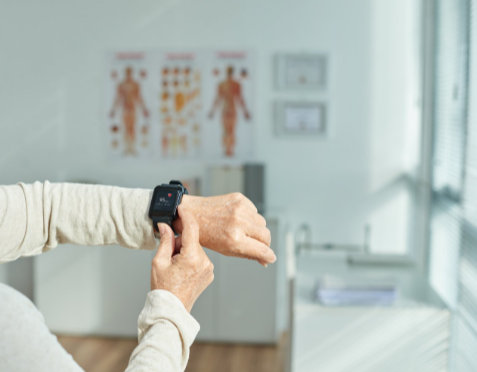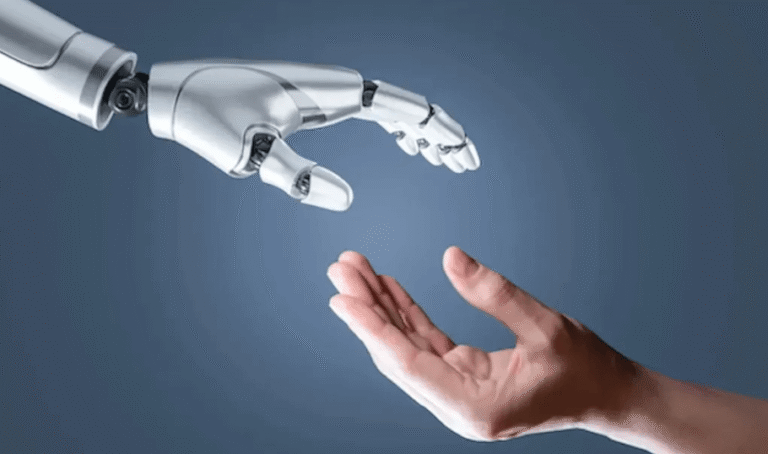How Smart Wearables Are Enhancing Elderly Care
Smart wearables are transforming elderly care by integrating advanced health monitoring and safety features. These devices not only track vital signs but also provide essential data to caregivers in real time. This technology fosters independence for seniors while ensuring they remain connected to their support systems. As these innovations continue to evolve, the implications for both elderly individuals and their caregivers become increasingly significant. What changes could this technology bring to the future of elderly care?
The Role of Health Monitors in Senior Care
As the population of elderly individuals continues to grow, the integration of health monitors into senior care has emerged as a vital component in promoting well-being and independence.
Through health analytics and remote monitoring, caregivers can track vital signs and health trends, enabling timely interventions.
This technology fosters autonomy, empowering seniors to manage their health while providing families peace of mind regarding their loved ones’ well-being.
GPS Tracking for Enhanced Safety and Independence
While maintaining independence is crucial for seniors, the fear of getting lost or disoriented can be a significant concern.
GPS tracking technology offers enhanced location accuracy, allowing caregivers to monitor seniors’ whereabouts seamlessly.
This capability not only ensures safety but also triggers emergency alerts when needed, granting seniors the freedom to explore their surroundings while providing peace of mind to their families.
Read more: How Artificial Intelligence Is Transforming the Music Industry
Promoting Social Connection Through Smart Technology
Smart technology plays a pivotal role in fostering social connections among the elderly, addressing the loneliness and isolation that many seniors experience.
Through devices offering virtual companionship, seniors can engage with family and friends, participate in online communities, and attend virtual events.
This integration not only enhances community engagement but also empowers elderly individuals to maintain meaningful relationships, enriching their quality of life.
Caregiver Support and Peace of Mind With Wearable Devices
The increasing integration of technology in elderly care extends beyond social connectivity, offering significant support for caregivers.
Wearable devices provide real-time health data, enabling caregivers to monitor vital signs and daily activities effortlessly.
Additionally, emergency alerts ensure prompt responses during critical situations, fostering peace of mind.
This technological advancement empowers caregivers, allowing them to focus on nurturing relationships while ensuring safety and well-being for their loved ones.
Conclusion
In conclusion, smart wearables are transforming elderly care by offering vital health monitoring and enhancing safety. Notably, studies show that 75% of seniors using these devices report feeling more secure and independent. The integration of GPS tracking and health alerts not only ensures timely interventions but also fosters a sense of connection between seniors and their caregivers. As technology continues to evolve, these innovations will play a crucial role in promoting well-being and improving the quality of life for the elderly.





